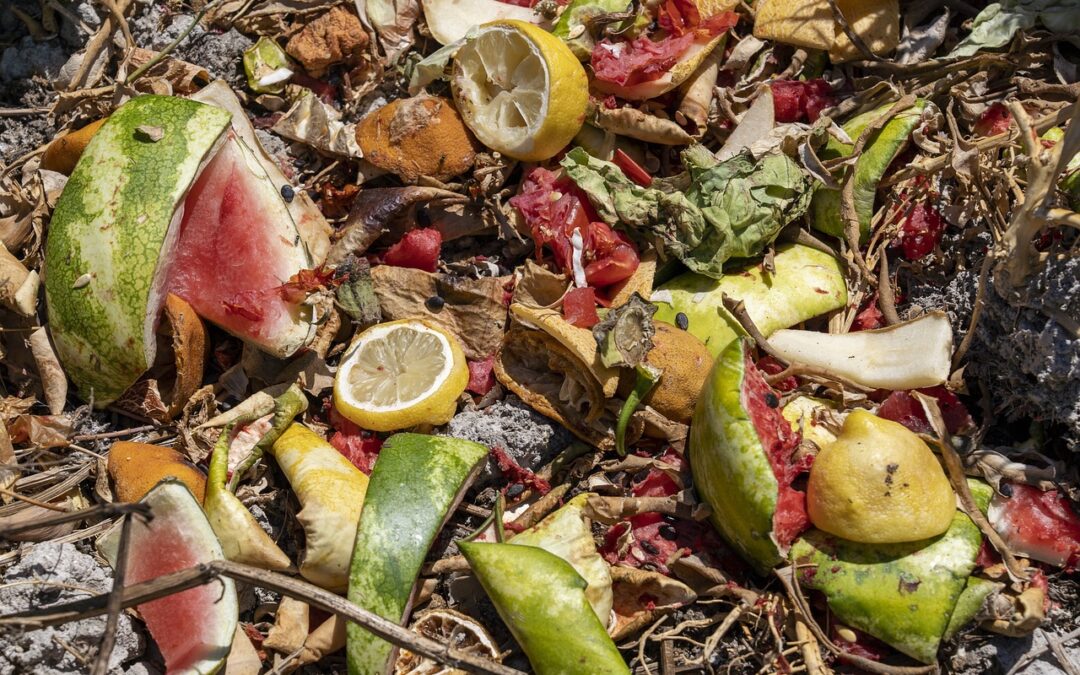
C3S: July 22 hottest day in recent history
July 22 was the hottest day on earth in recent history, according to the Copernicus ...

Executive Director of the United Nations Environment Program (UNEP) Inger Andersen highlighted three ways for action on food loss and waste; stronger consumer education and policies, better cold chain management, and boosting data.
The connection between food waste and biodiversity loss is now recognized in the Kunming-Montreal Global Biodiversity Framework (GBF), which also specifically calls for halving global food waste by 2030 in Target 16.
As for stronger consumer education and policies, she said some 17 percent of food is wasted at retail and consumer level, much of it in households. And this is not just a high-income country problem.
This is why UNEP’s Regional Food Waste Working Groups are assisting 25 countries in Africa, Asia and Latin America to act on food waste. And with Champions 12.3, UNEP published a consumer guide to demonstrate how governments, cities, businesses, NGOs and the chef community can help everyone waste less food.
Food businesses can do much to help their customers reduce food waste at home by using their advertising channels to raise awareness, avoiding promotions that encourage customers to buy more than they need, using the retail environment to share solutions, and selling loose produce – which also reduces plastic waste, contributing to global efforts to end plastic pollution.
As for better cold chain management, she said lack of access to refrigeration along the food chain creates a vicious cycle of food waste and income loss – particularly in developing countries. Scaling up cold chain infrastructure, powered by clean energy, can ensure that products are refrigerated from harvest to plate, while minimizing the climate impact.
The UNEP-led Cool Coalition is supporting countries on National Cooling Action Plans, with specific targets on cold chains. UNEP has partnered with India on a program to accelerate investment in cold chains and is providing in-depth support to two states. In Rwanda, meanwhile, the UK, UNEP and FAO are supporting the Africa Centre of Excellence for Sustainable Cooling and Cold Chain.
As for the third way of boosting data, she said countries need food waste data to create a case for action, track progress and understand which interventions work. While there is more to do, data collection is improving. UNEP’s research has uncovered double the number of data points on food waste around the world. Look out for UNEP’s Food Waste Index Report 2023, coming up at the end of the year, for a full update.
“On the International Day of Awareness of Food Loss and Waste, I call on governments, companies, institutions and individuals to align with international goals to reduce food loss and waste. Through integrating food loss and waste reduction into national climate strategies. Through legislation that diverts food waste from landfills. Through behavioral science that shows which consumer interventions are most effective. And more,” she said.
“Reducing food loss and waste is, in many ways, a low-hanging fruit in the global push for sustainable development. Let us not allow it to fall to the ground and rot,” she concluded.
July 22 was the hottest day on earth in recent history, according to the Copernicus ...
Google has engaged in partnership with DHL to utilize the DHL Express GoGreen Plus service ...
Mars has announced registering a record 8% greenhouse gas (GHG) emissions reduction against its 2015 ...


اترك تعليقا